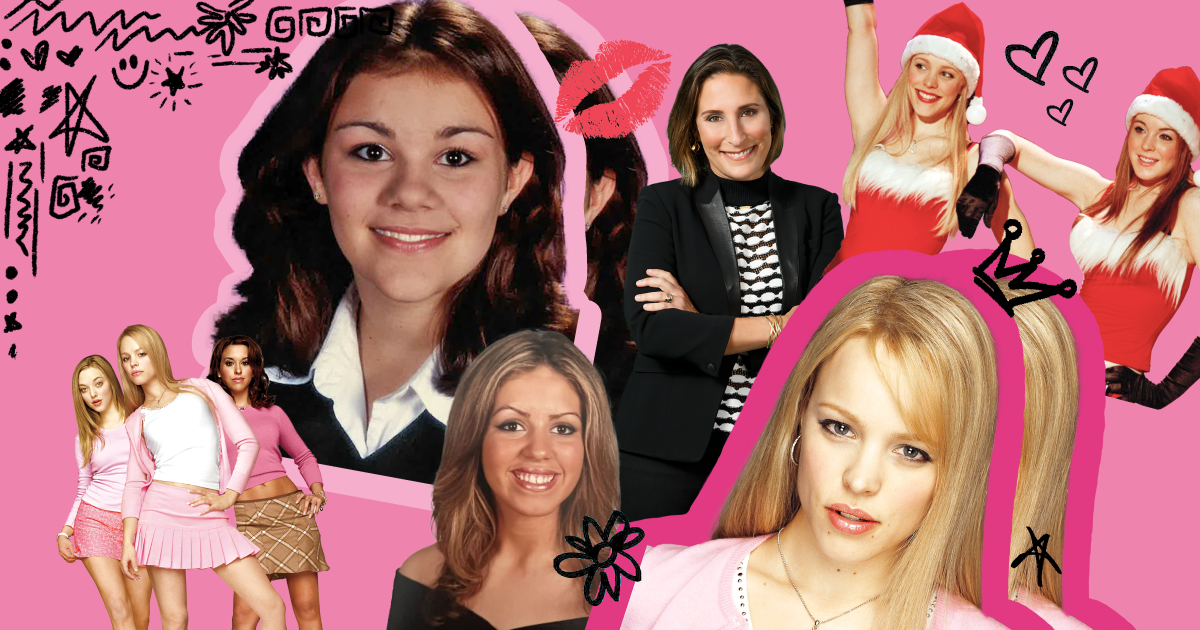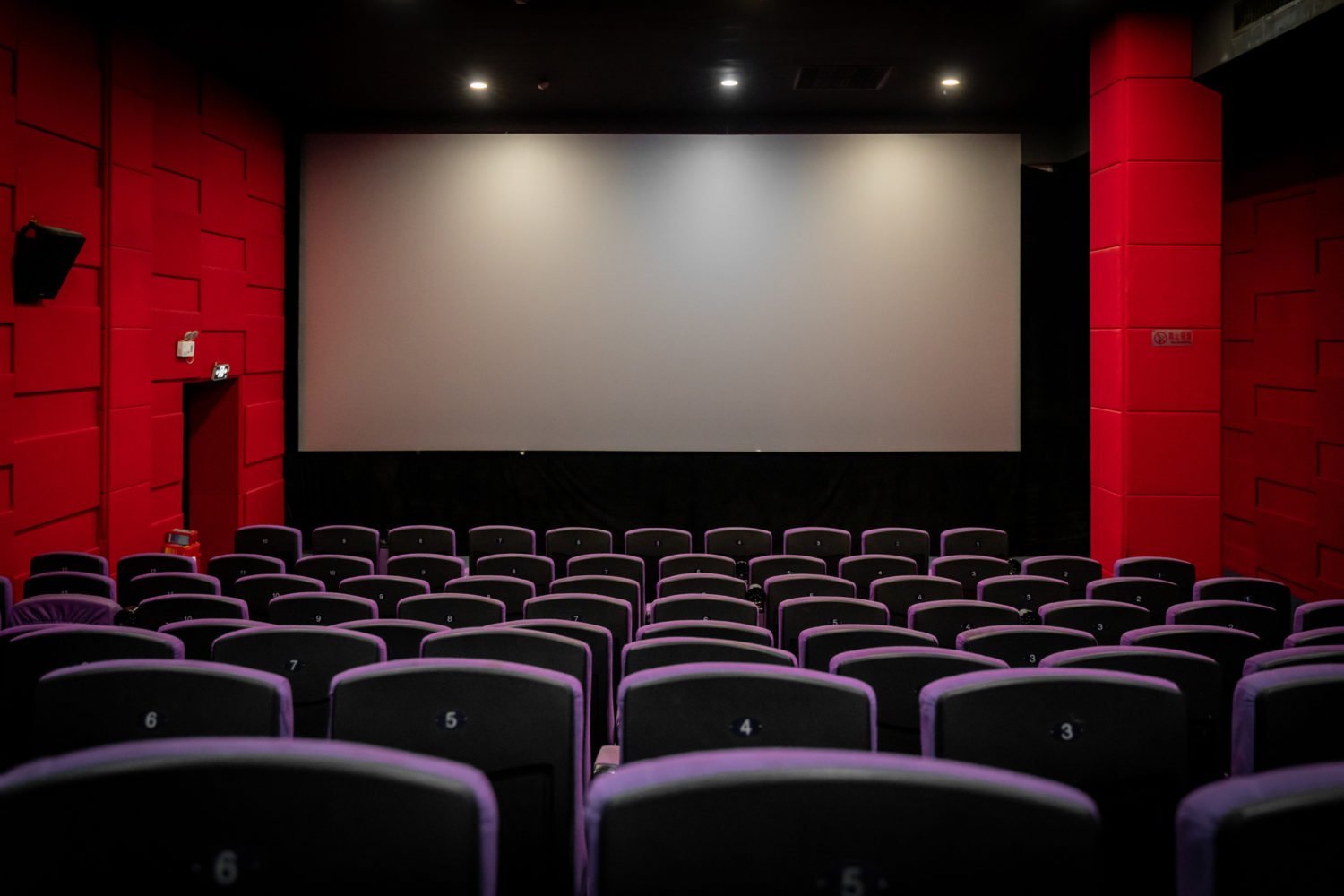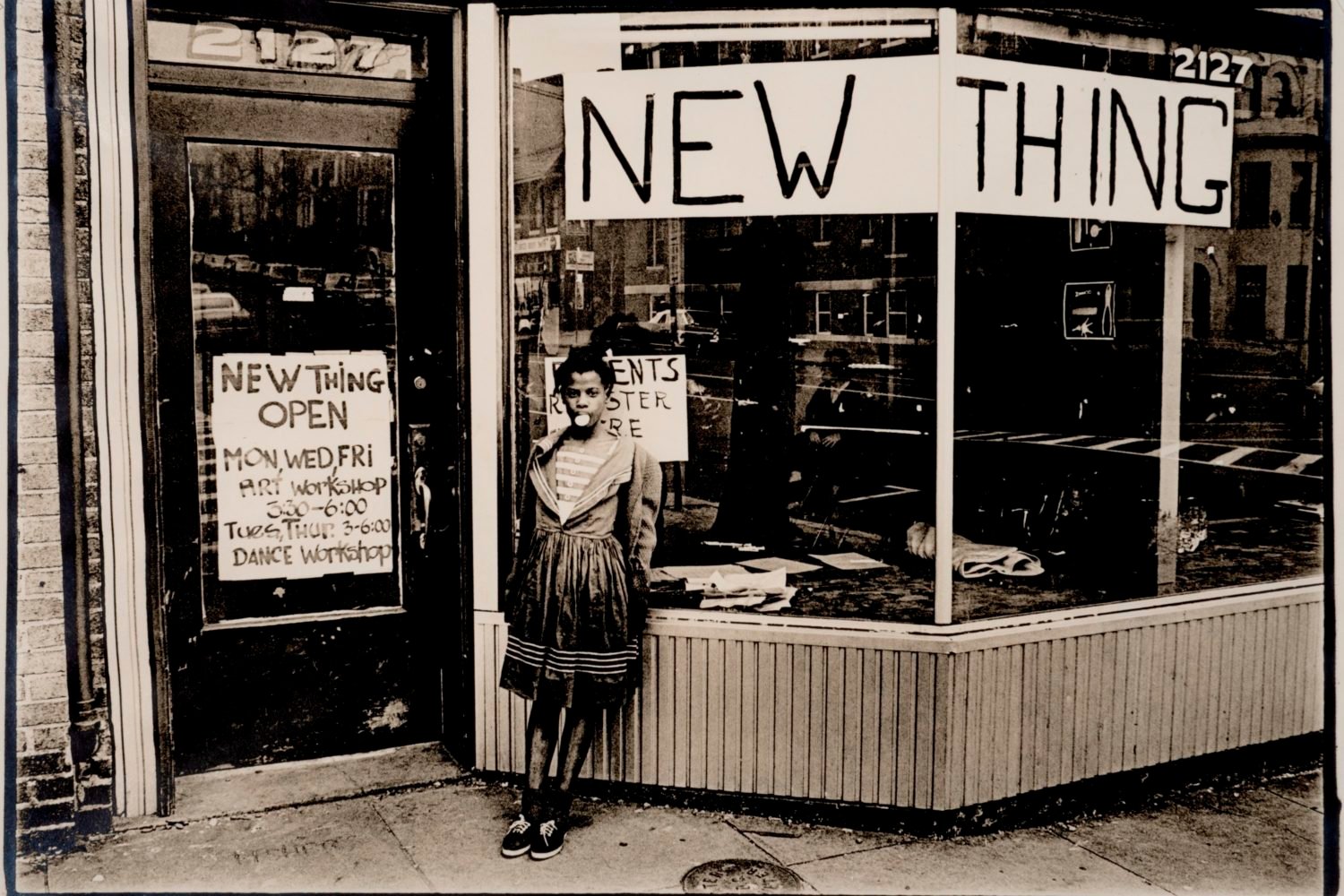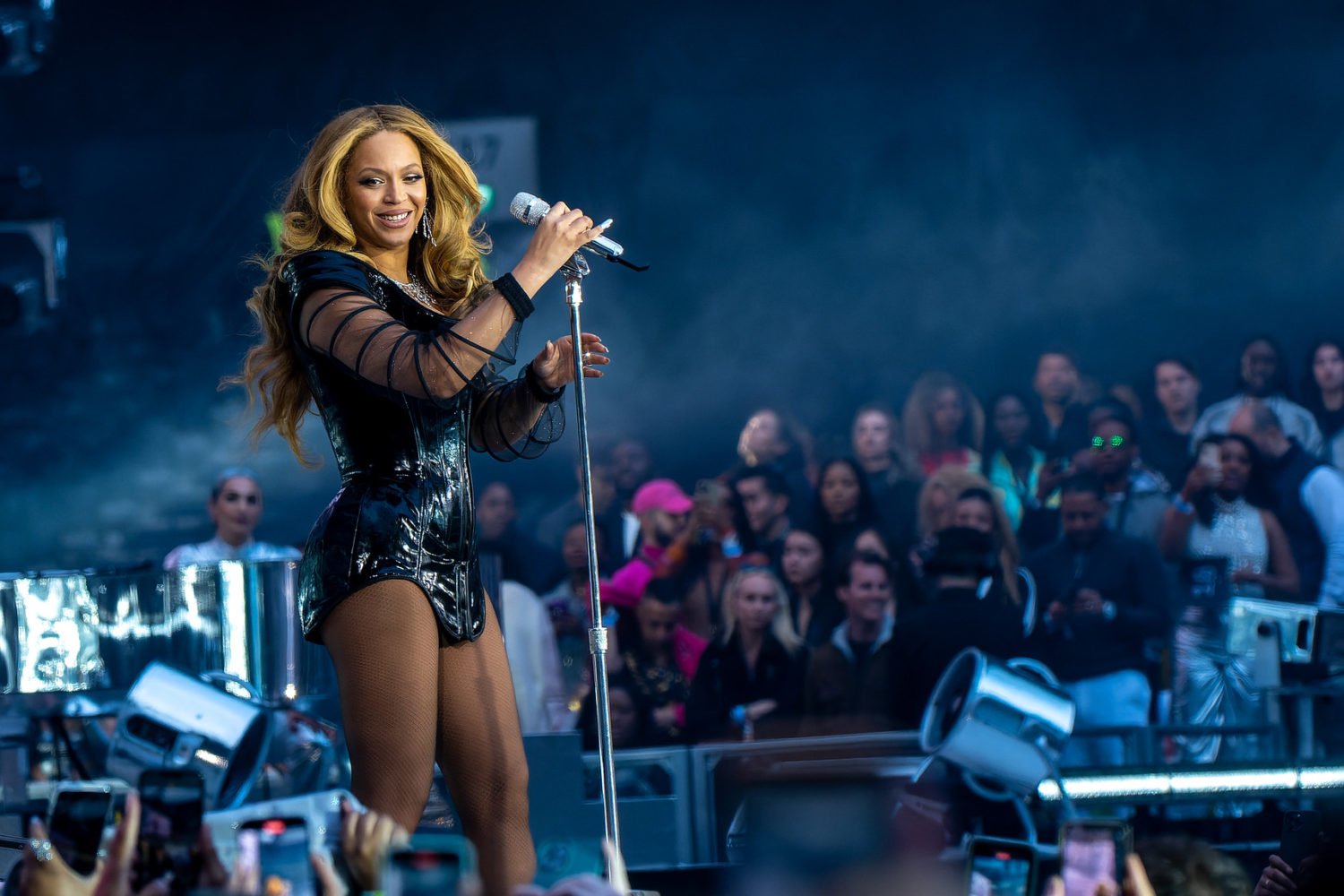When Diarah N’Daw-Spech and her husband, Reinaldo Barroso-Spech, arrived at Columbia University from Paris in the mid ’80s, they devoured film after film to familiarize themselves with American culture. Through this process, the couple quickly found that there weren’t a lot of films that conscientiously represented Black people. “I found most of these [movies] very Eurocentric in nature,” says N’Daw-Spech. “So by understanding the power of film as a way to communicate ideas and stories, and understanding that there were very few films about our stories, I decided to start a film festival.”
The couple launched their event New York City in 1993, and the African Diaspora International Film Festival has since become a crucial platform for independent Black filmmakers. And there has also been a DC version of the fest for the last 16 years, done in partnership with the DMV-based African World Now Project. “We’ve found that [the Washington] audience is very receptive,” says N’Daw-Spech. “It’s a very global community here and people are curious. A lot of people have traveled and know what it means to be Black from anywhere in the world.”
While much has changed in filmmaking in terms of technology and access, N’Daw-Spech says that ADIFF’s core has and will continue to remain the same: “We haven’t changed at all our editorial line. We haven’t changed at all our mission and vision. We knew from the beginning what we wanted to do. We haven’t gone corporate—we are an independent festival. And we’re still completely focused on bringing challenging, thought-provoking films about the Black diaspora to the Black diaspora.”
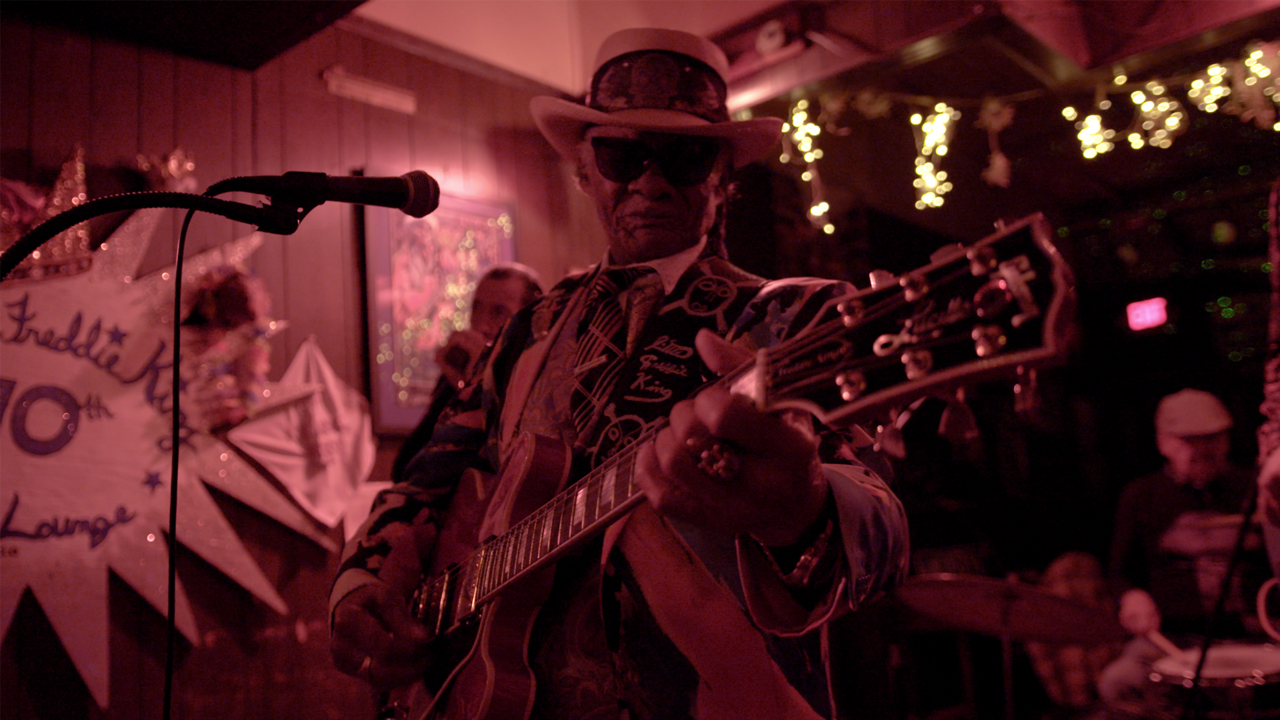
Maria Judice and Edson Jean are both independent Black filmmakers who were able to find artistic inspiration and support from the ADIFF community. Judice, a San Francisco native, will be presenting Elephant, her 96-minute feature film about a woman rendered incapable of leaving her house after witnessing police brutality, while Jean will screen Ludi, his directorial debut about the Haitian diaspora in Miami. “ADIFF is such a beautiful experience,” says Jean. “While I have a specific goal as a Haitian American filmmaker, I feel like I fit right into the branches of their overall goal because my experience is the Black experience. The festival is creating exposure in that specific niche while also opening it up to so many other parts of the spectrum of Blackness.”
Judice noted that the film festival in general serves as a cultural incubator. “As a Black filmmaker, connecting to Black film festivals has always been super important in my career,” she says. “Because when I started filmmaking, I was the only Black girl in the room. My first film festivals really told me that you have to connect to your people and have an experience that supports and cares for you. Not to say other film festivals don’t do that—they just do it in a completely different way. And sometimes, honestly, they just don’t.”
Bringing people together is a big part of the goal. “Ultimately, we as Black people don’t know one another,” says N’Daw-Spech. “You have Black Mexicans, Black Peruvians, you have Black Haitians, you have people from all over the continent. The Black experience is rich. So the festival films that we select bring history, bring understanding, and bring knowledge about that rich experience.”
ADIFF opens on Friday, August 11, at 8:30PM at the George Washington University Student Center with Woodstock of House, an award-winning documentary about the inception of house music in 1970s Chicago. The festival closes Sunday evening. Other notable films are Mama Africa, Miriam Makeba, and Money Freedom, a Story of the CFA Franc. Click here for more information.








